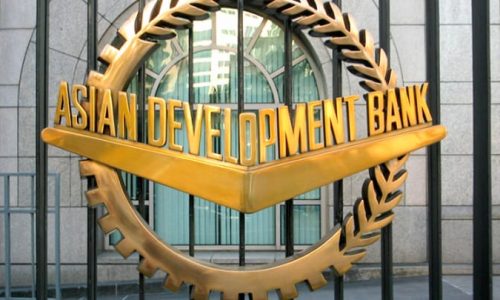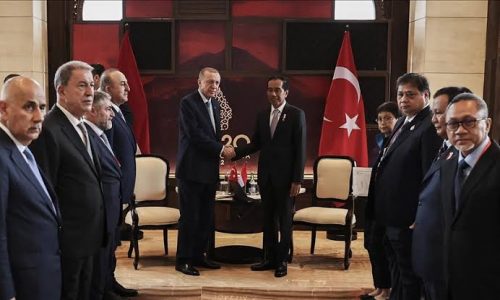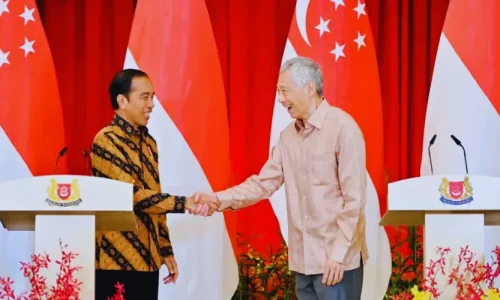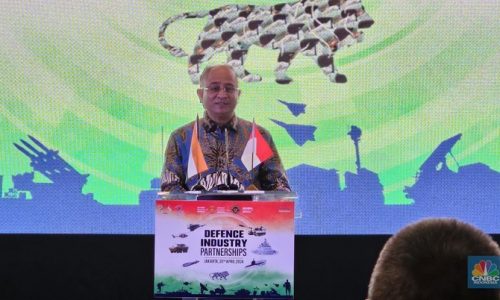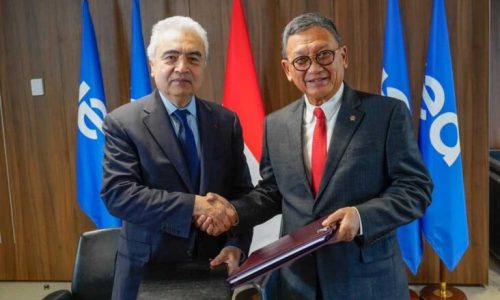On March 21, 2023, Indonesian Minister of Foreign Affairs Retno LP Marsudi met Papua New Guinea (PNG) Minister Tkatchenko at Bogor Botanical Garden to conclude the 3rd Joint Ministerial Commission (JMC) between Indonesia and Papua New Guinea.
The previous JMC occurred over ten years ago in 2010 while this is their 2nd meeting within 4 months with their most recent encounter being in December at the Indonesia Pacific Forum for Development (IPFD), Archipelagic and Island States Forum (AIS) and Bali Democracy Forum (BDF) Meeting in Bali.
Minister Retno and Minister Tkatchenko emphasized their dedication to upholding strategic confidence as the fundamental principle in advancing a more robust relationship.
Bilateral relations progress
Retno expressed her appreciation for PNG’s endorsement of two bilateral agreements, namely:
- The Agreement on the Implementation of Visa Exemption for Diplomatic and Official Passport Holders; and
- the Basic Agreement on Border Arrangements.
“In the Field of Defense, I mentioned to Minister Tkatchenko of the expectation that PNG will support expediting the ratification process,” said Retno, as quoted from Kemlu.go.id.
“We are also committed to ensuring the protection of our citizens abroad,” she added.
In this regard, both nations reached an agreement to assign their officials with the responsibility of composing the Mandatory Consular Notification Agreement.
Raising more issues
During the meeting, Retno also highlights more cooperation issues, namely:
1. Trade Cooperation
Indonesia and PNG bilateral trade has shown positive trends in the last five years.
According to Kemlu.go.id, both nations still have more opportunities to improve their bilateral trade, including:
- Making customs clearance procedures simpler and more efficient;
- Enabling a stronger logistics system; and
- Promoting the establishment of a Joint Business Council between Indonesia and Papua New Guinea.
“Indonesia is committed to expedite the process by preparing a joint feasibility study that will incorporate the views of our two countries,” said Retno.
“We also discussed the possible cooperation in engaging Indonesia State Owned Enterprises to invest in PNG, among others in the energy sector, telecommunication services, and pharmaceutical industry,” Retno added.
Both countries also agreed to actively explore and pursue specific economic benefits in the future.
2. Development Cooperation
The IPFD in December last year acted as a medium for Indonesia and the Pacific to strengthen their bond and work towards mutual growth and success, identifying project areas that would promote development and prosperity in the region.
“Indonesia is committed to strengthening the cooperation on education to offer scholarships for PNG students,” said Retno.
“And we are also committed to continuing cooperation in revitalizing public and health facilities in Vanimo and Port Moresby,” she added.
3. Cooperation in the Pacific
Indonesia is determined to make the Pacific region an integral component of a secure and flourishing Indo-Pacific region and will continue to strive towards this goal.
As the ASEAN Chair, Indonesia aims to promote closer relations between ASEAN and the Pacific countries by encouraging collaboration between the ASEAN and Pacific Islands Forum (PIF) secretariats.
The country has extended an invitation to the Pacific nations, including PNG, to join the Indo-Pacific Infrastructure Forum (IPIF) and use it as a platform to facilitate practical collaboration among Indo-Pacific countries.
Indonesia-PNG bilateral cooperation
The bilateral relations between these two countries have been generally positive since PNG gained its independence from Australia in 1975.
These are some key aspects of the Indonesia-PNG bilateral relations:
- Trade and economy
Indonesia and PNG have maintained a strong trade and economic relationship, with Indonesia being one of PNG’s largest trading partners. The main exports from PNG to Indonesia are timber, coffee, and seafood, while Indonesia exports mainly processed foods, consumer goods, and petroleum products to PNG.
- Security
Both countries have cooperated in various security initiatives, such as border security, counter-terrorism, and maritime security. In addition, Indonesia and PNG have also cooperated in managing the influx of refugees from the Indonesian province of West Papua into PNG.
- Diplomatic relations
Indonesia and PNG have established diplomatic missions in each other’s countries, with the Indonesian embassy located in Port Moresby, the capital of PNG. They have also signed several agreements on various issues, including trade, investment, tourism, and cultural exchanges.
- People-to-People relations
There are significant cultural and historical ties between the two countries, particularly in the eastern part of Indonesia, which has a shared history and culture with PNG.
There is also a significant Indonesian community living in PNG, which has contributed to the development of the country’s economy.
Indonesia-PNG conflicts & tensions
While Indonesia and PNG generally have positive bilateral relations, there have been some conflicts and tensions between the two countries in the past, such as:
- Border disputes
There have been occasional border disputes between Indonesia and PNG, particularly along the shared border between PNG’s Western Province and Indonesia’s Papua province.
The disputes have mainly centered on issues of land ownership, illegal border crossings, and trade.
- West Papua issue
PNG has expressed concerns about the treatment of the indigenous people of West Papua, which is part of Indonesia.
PNG has also provided refuge to West Papuan activists and refugees in the past, which has caused tension with Indonesia.
The two countries have established a Human Rights Working Group to address the issue of human rights abuses in West Papua.
However, progress has been limited, and the situation in West Papua remains a sensitive issue in the bilateral relations between the two countries.
- Fishing rights
There have been disputes between Indonesia and PNG over fishing rights in the shared waters of the Pacific. The disputes have mainly centered on issues of overfishing and illegal fishing practices.
To address these matters, both countries have agreed to establish a Joint Technical Committee to manage fishing rights in the shared waters of the Pacific and have been successful in managing the fishing rights.



